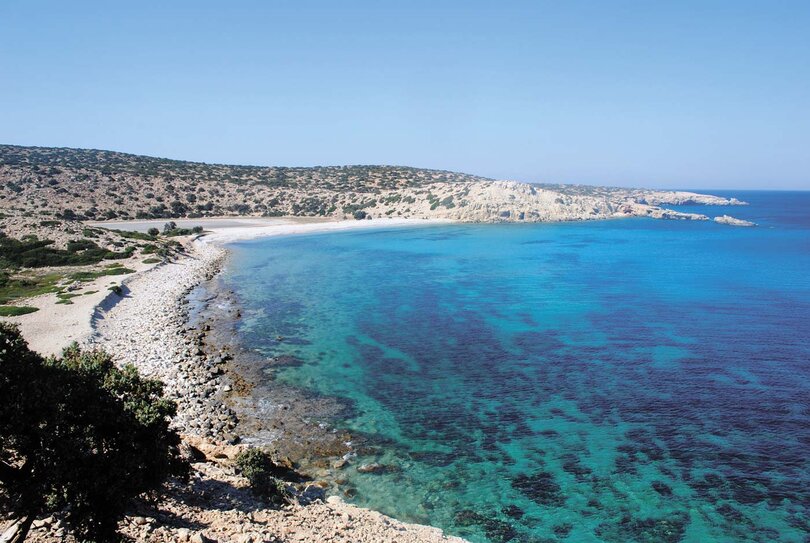
A brief review
«The development in the last few years is really gratifying. We can definitely say that.» Leonie Frey’s sense of pride and a certain satisfaction are palpable. Over 30 projects were carried out in just four programme years until 2021/22, which exceeds the number conducted in the 10 years since «Europa macht Schule» was launched in Hamburg in 2007/08, says Frey, a student of Universität Hamburg’s MA programme in Interdisciplinary Public and Nonprofit Studies. Together with physics student Hauke Damerow, also at Universität Hamburg, she is responsible for location site coordination in Hamburg.
This was by no means expected, adds Damerow, who has been a volunteer with the location team since 2018 and is therefore its longest-serving member. By the mid-2010s, the programme had weakened slightly in Hamburg. This is reflected in the number of projects carried out, a project-free period in the programme years 2014/15 and 2016/17 and also by the fact that the location team had just one member in 2017/18. But that, he assures us, is history. «Europa macht Schule» in Hamburg is once again well placed to face the future. Even the COVID-19 pandemic, which led to a decline in the number of projects here as in other locations, has not fundamentally changed this.
